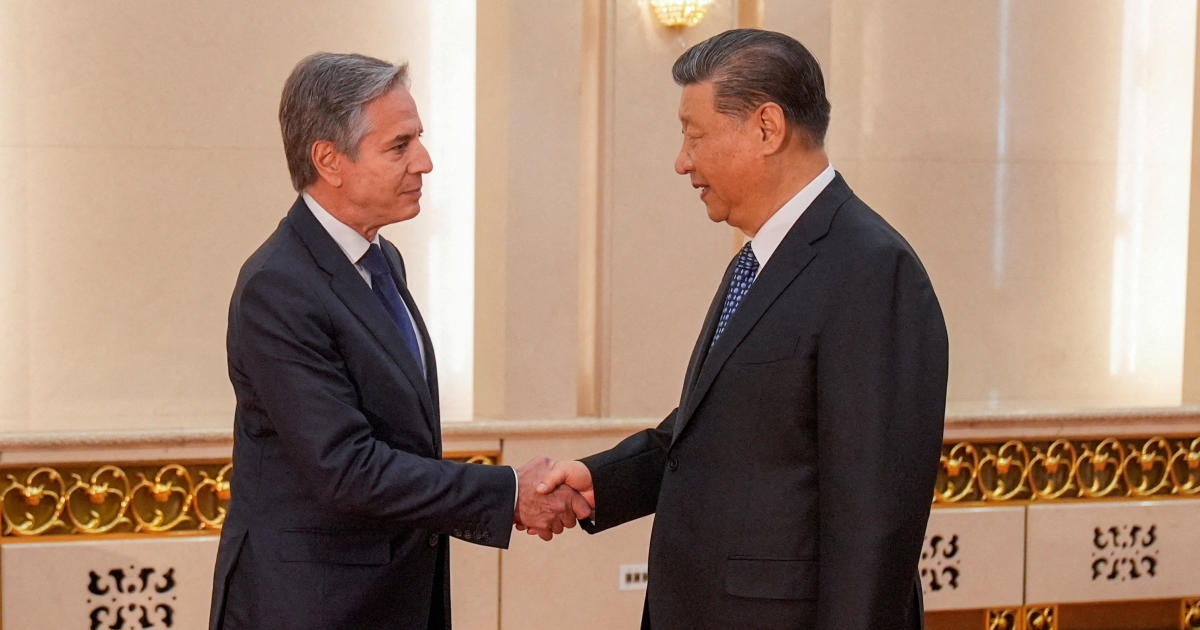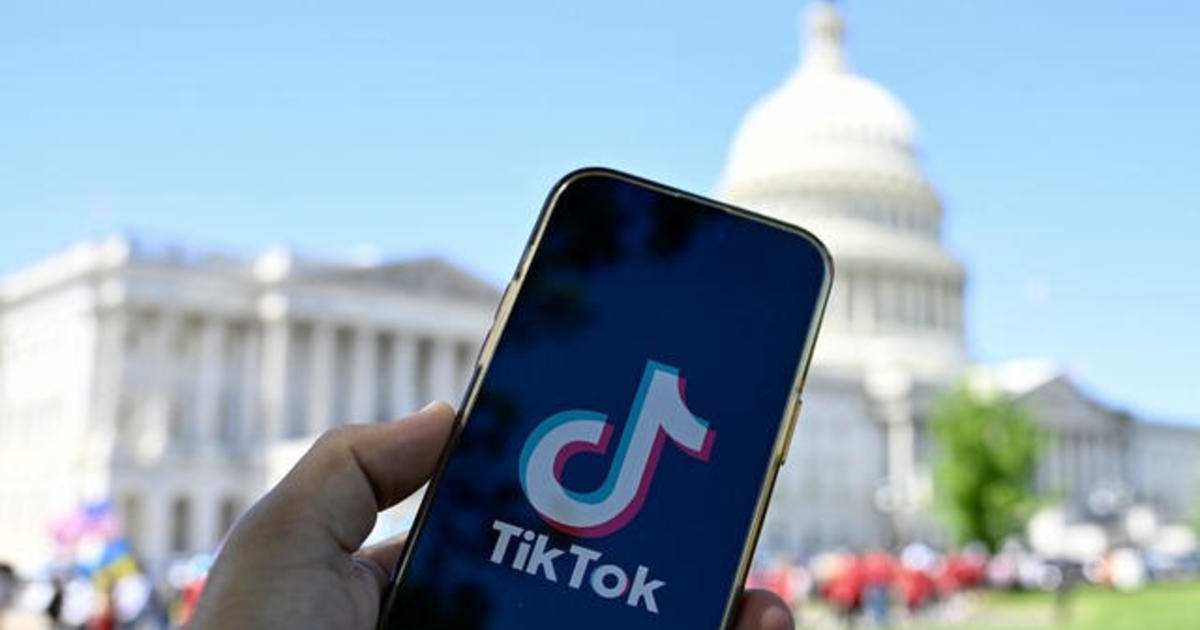Stock market down as U.S.-China trade war takes center stage
Stocks fell sharply Thursday as traders focused on tensions between the U.S. and China and braced for the impact of their tariff hikes.
The Dow lost 286 points, or 1.1%, to 25,490, while the S&P 500 stock index fell 1.2% and the tech-heavy Nasdaq composite dropped 1.6%. The Russell 200 index of small company stocks gave up 2%.
Analysts say investors seem to be preparing for the U.S.-China trade dispute to become entrenched. This month, the sides concluded their latest round of trade talks with no agreement. Further talks have not been arranged.
As the two sides dig in for what may be a long fight, China is looking for new ways to pressure the Trump administration to settle. Investors are already fretting that Beijing will eventually try to limit, or even choke off, Apple's iPhone production and sales in China. That threat has triggered an $80 billion loss in shareholder wealth so far this month as Apple and related tech and supplier stocks tumbled.
"The stalemate between the U.S. and China looks likely to last longer as both sides continued to ratchet up rhetoric," Zhu Huani of Mizuho Bank said in a commentary.
The U.S. has imposed 25% tariffs on $250 billion in Chinese imports and is planning to target another $300 billion. It has also mounted sanctions against Huawei and is threatening to do the same with other Chinese companies.
American households are likely to feel the impact, which could trim consumer spending. The total annual cost of the new round of tariffs could cost the typical household $831, according to new research from the Federal Reserve Bank of New York.
"Despite potential significant negative spillover effect this might have on U.S. firms, the Trump administration seems determined to curb China's rise in technology advancement," Huani added.
Rare earth element
China, meanwhile, has retaliated against $110 billion in U.S. products, and is offering tax cuts to software and chip companies.
Looking for ways to hit back at Washington as a tariff fight escalates, President Xi Jinping and his economy czar visited a Chinese factory that processes rare earths - exotic minerals used in electric cars, mobile phones and other technology.
Rare earths are "an important strategic resource," the official Xinhua News Agency cited Xi as saying.
The message was clear: China's role as the main global supplier of rare earths used in smartphones, lightweight magnets, batteries and other components is leverage over Washington. And China's sway could extend much further into the U.S. technology sector, particularly to Apple and other companies that rely on Chinese manufacturing.
While Beijing has an array of options for disrupting trade, they carry economic and political costs. And there is no guarantee they will work.
Retaliatory tariffs
China's first retaliatory tariffs aimed to undermine Trump politically by targeting farm states that backed him in the 2016 election. Undeterred, Trump hiked duties on more Chinese imports. Then Beijing hit manufacturers, who lashed out. He pressed ahead.
If they want results, Chinese leaders might need to hit him where it hurts, by depressing U.S. stock prices, said Derek Scissors, a China specialist at the American Enterprise Institute in Washington.
It isn't clear how that can be done, Scissors said in an email, "but the president is sensitive to extended market weakness." Apple's vulnerability to stock-price declines most likely has not gone unnoticed in Beijing.



